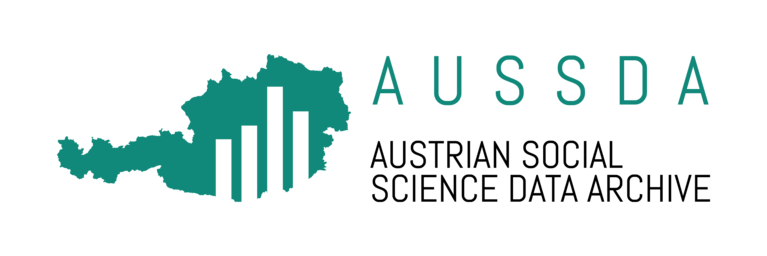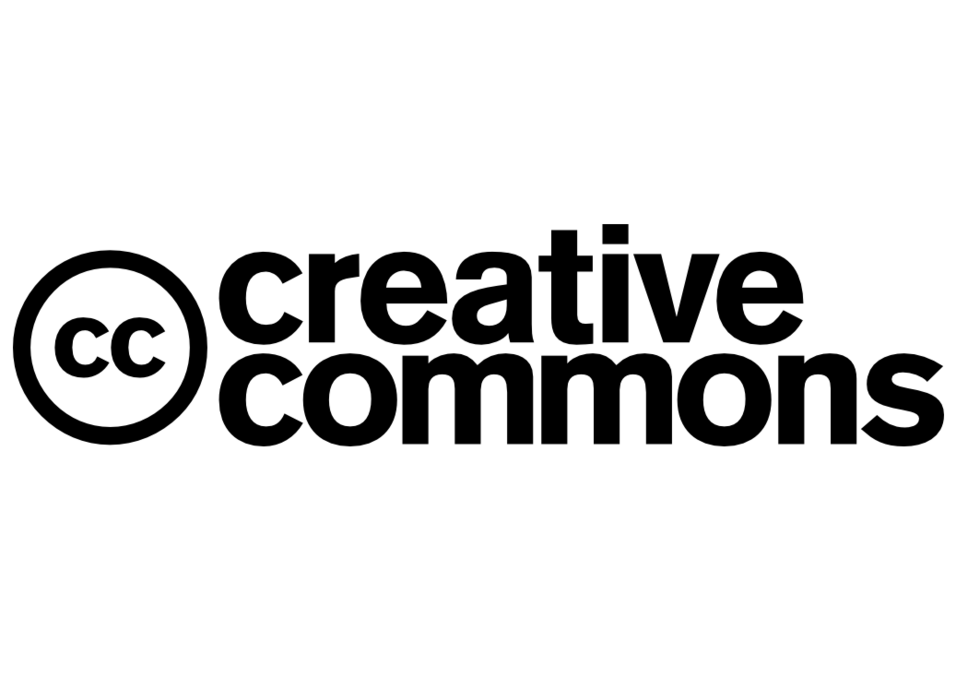Researchers who publish their data and documentation under a Creative Commons license enable other researchers to build upon their work. The terms under which reuse is allowed are clearly defined and more permissive (“some rights reserved”) than what would be the case under the copyright with its “all rights reserved”. Researchers will still get credit for their work but other researchers are enabled to reap the benefits of the internet by downloading, analyzing, and reusing the data allowing them to conduct research with the data as well.
“Creative Commons was founded to help us realize the full potential of the internet.” (CC, 2018). Today Creative Commons licenses have been assigned to more than 1.2 billion works online, covering academic work and many other areas like educational resources, art, and digital cultural heritage objects in general. Prominent examples are Wikipedia and Europeana. At AUSSDA we give advice on CC licenses and advocate assigning them to research data which are then published in a digital repository and made available for reuse.
The Creative Commons non-profit organization maintains and fosters the development of the licenses (the legal tools) and supports the open access movement. It has staff and other people working around the world. In 2016, the organization shifted its strategy from its previous focus of increasing the licensed works to concentrating more on creating networks and collaborations. Creative Commons is about sharing benefitting the giver, the receiver and ultimately, society at large.
To strengthen the movement, Creative Commons has built a formal CC Global Network with individuals from many disciplines all working on issues related to sharing and collaborating. The network is organized into “Network Platforms” (one being Open Education) which are the formal structure under which work is organized.
By publishing your data under a Creative Commons license at AUSSDA, you can fulfil your obligations resulting from data management policies of your university or funding agency. It is also a great way to show your support for other open movements like open access, open data, and open science.
Acknowledgment: The information in this contribution is based on material from the CC certificate beta library track.

